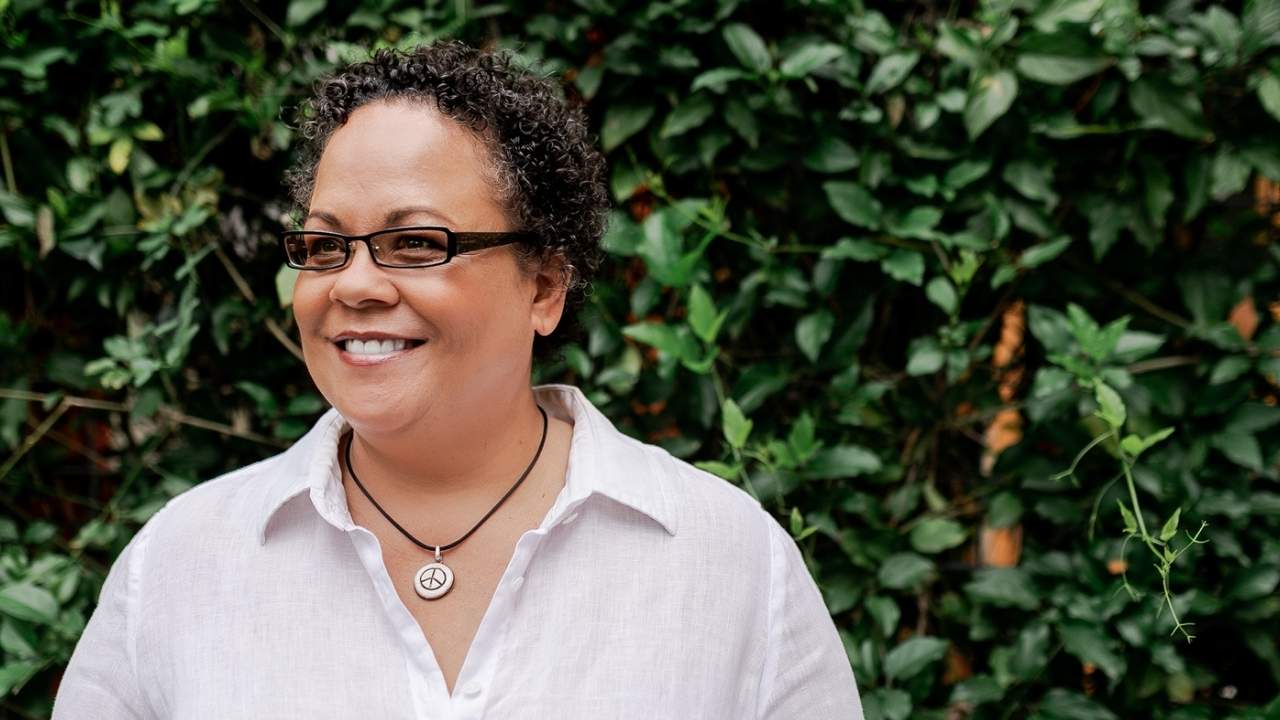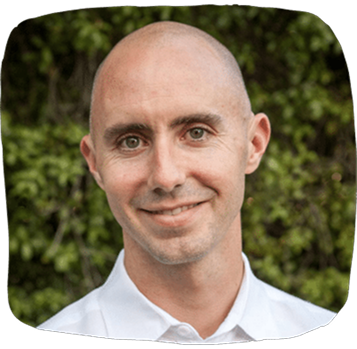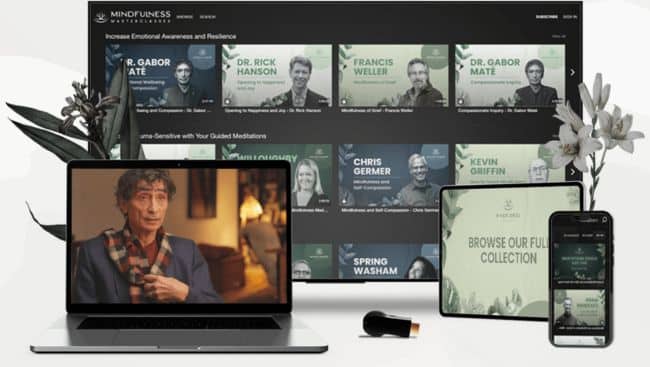In this week’s Mindfulness Exercises Podcast, I spoke with Julie Lythcott-Haims, New York Times bestselling author, former Stanford Dean, and TED speaker with over 20 million views, about what it truly means to tell the truth.
Ten minutes into our conversation, I felt inspired by Julie’s courage and humbled by my own hesitation to share difficult stories. Truth-telling isn’t about perfection, it’s about presence, honesty, and care.
Julie described how a simple body-scan practice became her inner compass, helping her respond intentionally. “Our truth, offered with care, is medicine,” she reminded me. Here are key lessons and mindfulness practices you can try today.

Truth-Telling Isn’t Reckless — It’s Regulated
Authentic honesty doesn’t mean blurting everything out. Julie reminded me that truth lands best when our nervous system feels safe and our audience is chosen wisely.
Try this 3-minute body check-in:
- Close your eyes and find one difficult feeling you’ve been avoiding.
- Name it gently — tightness, heat, buzzing, pressure.
- Ask: “What does this part of me want me to know?”
- Decide: Do I share, journal, or pause and resource first?
This small pause transforms honesty from impulsive to intentional.
Before You Help, Hold
Many of us rush to fix pain instead of simply holding space for it. Julie practices mirror-listening — reflecting what she heard, then asking permission before responding.
“I’m having a few thoughts would you like them, or would you prefer I just stay with you?”
This one question honors choice and deepens trust. I’ve seen it shift my own relationships from problem-solving to true connection.
Wildflower > Bonsai: A Mindful Parenting Metaphor
Julie offered a powerful image for mindful parenting and leadership:
“Kids are wildflowers, not bonsai.”
They need light, water, and room, not constant pruning.
Here’s her 4-3-2-1 teaching roadmap: 4 steps to teach any skill:
- Do it for them
- Do it with them
- Watch them do it
- Let them do it alone
3 things to stop:
- Stop saying “we” when you mean “my kid.”
- Stop fighting all their battles.
- Stop doing their homework.
2 things they need most: Unconditional love and real contributions (chores).
1 experiment: For one week, skip homework questions — instead, ask about their interests. Notice what blooms when curiosity replaces control.
Belonging Grows When We Risk Curiosity
We don’t need perfect agreement to connect — only curious compassion. When conversation turns tense, try asking why or how gently to reach understanding beneath opinions.
Questions that invite depth:
- What’s good in your life right now?
- Why does that matter to you?
- Who helped you love that?
- What value is underneath?
You may still disagree — but you’ll remember your shared humanity.
“Memoir Is an Act of Service”
When truth-telling involves personal stories, timing matters. Some truths still live tenderly in the body; they deserve patience and protection. Julie suggests asking:
“What safety, support, or skill would make telling this wise?”
Sharing from stability transforms confession into compassion.
A Personal Moment
After our conversation, a loved one shared something painful. Instead of offering advice, I used Julie’s mirror-listening approach and stayed quiet.
Three minutes passed.
They found their own clarity.
And in that silence, I felt the fixer inside me relax — a small but profound shift toward peace.
Progress, not perfection.
Listen to the Full Conversation
🎧 Julie Lythcott-Haims on the Power of Telling Your Truth
Continue Your Mindfulness Journey
Join the 100-Day Mindfulness Challenge
Build a consistent practice with guidance, accountability, and structure.
Become a Certified Mindfulness Teacher
Our updated certification includes the Trauma-Sensitive Mindfulness Course (free today) to help you teach with wisdom and care.
Create Mindfulness Resources
If you’re ready to share meditations or courses, our Creator Platform helps you organize and publish with ease.
Final Reflection
The world doesn’t need more polished experts, it needs regulated, honest humans who can listen deeply, tell the truth gently, and act with compassion.
Truth is not a weapon; it’s a bridge.













